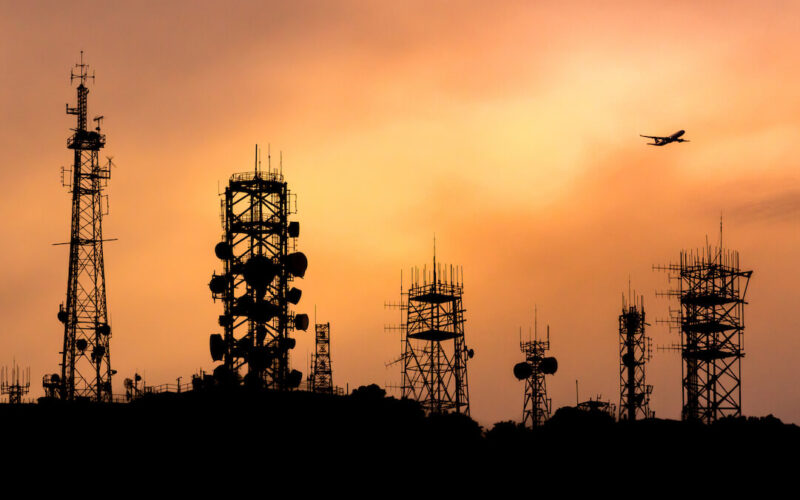Stephen Dickson, administrator and head of the Federal Aviation Administration (FAA) is set to testify before a US House of Representatives hearing on new C-Band 5G deployment and its impact on aviation safety, Reuters reported on January 26, 2022.
The hearing will take place on February 3, 2022, with aviation and wireless industry officials appearing before the House Transportation and Infrastructure Committee alongside Dickson.
These include the head of Airlines for America, a trade group representing passenger and cargo airlines, and Aerospace Industries Association, which represents airplane manufacturers.
“I hope Administrator Dickson and all of our witnesses come prepared for a robust discussion about how the goal of a successful 5G deployment can co-exist with the safety of our skies,” committee chairman Peter DeFazio said in a statement to Reuters.
While the FAA have been progressively clearing more commercial aircraft for low-visibility landings at airports where 5G-C band has been deployed, there are still safety issues with some aircraft types.
Over the last month, the FAA has issued a number of airworthiness directives and airworthiness notes regarding 5G deployment and aviation safety. The latest AD was issued on January 25, 2022 prohibiting Boeing 747-8, 747-8F and 777 airplanes from landing at airports where 5G interference could occur.
On January 17, 2022, major US airlines warned the government that the deployment of the 5G-C band could cause a crisis of “catastrophic” proportions. This was followed by a number of US flight cancellations from major international airlines on January 19, 2022.
On January 18, 2022, AT&T and Verizon Communications agreed to delay switching on new telecom towers near key airports even as they turned on the new 5G C-Band service.
Radio altimeters are used to give data on height above ground for bad-weather landings and the 5G technology could cause interference, the FAA has warned.
Verizon temporarily agreed to not activate roughly 500 towers near airports, sources told Reuters, which is less than 10% of its planned deployment, while the carriers and the administration work on a permanent solution.

